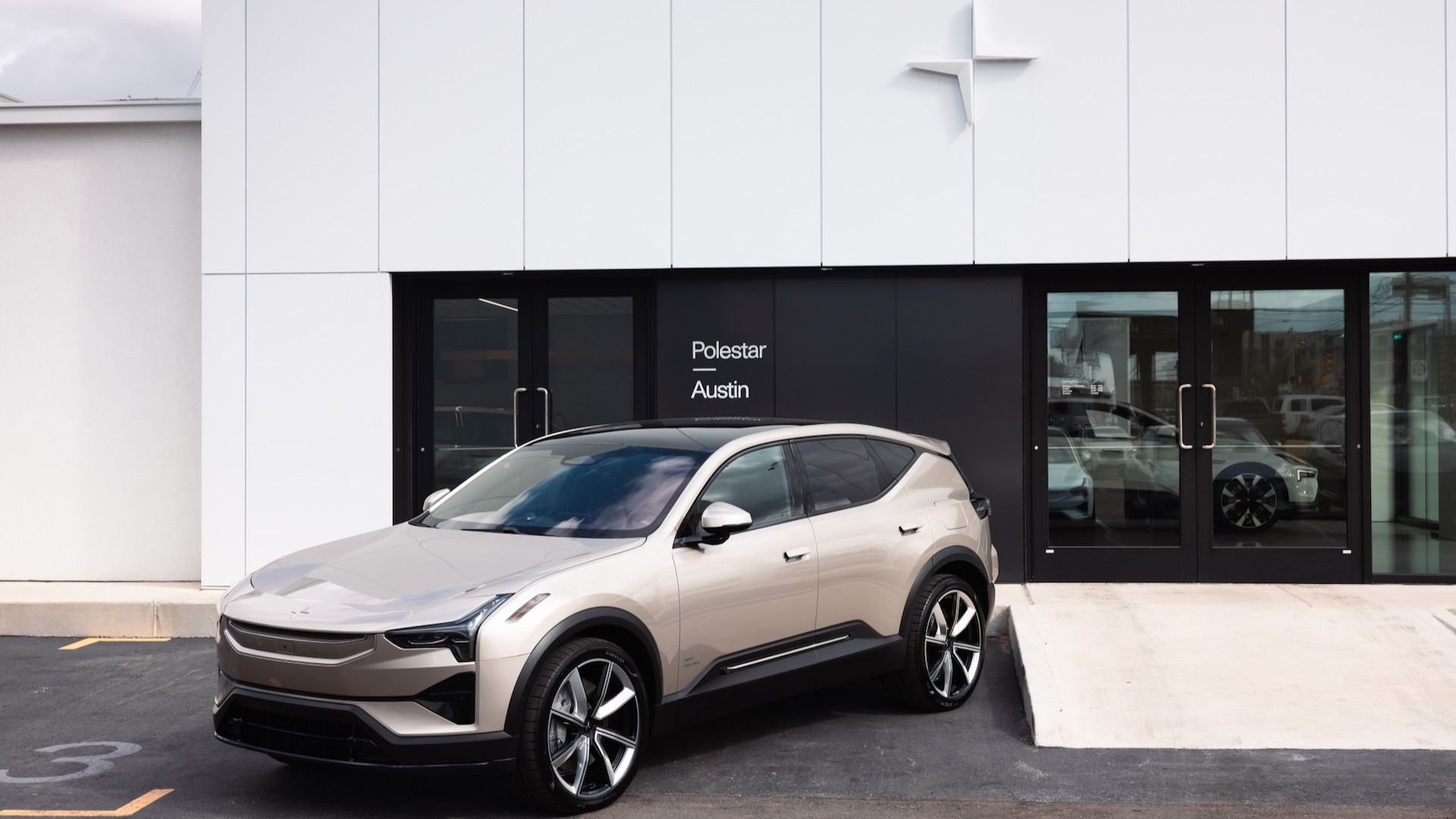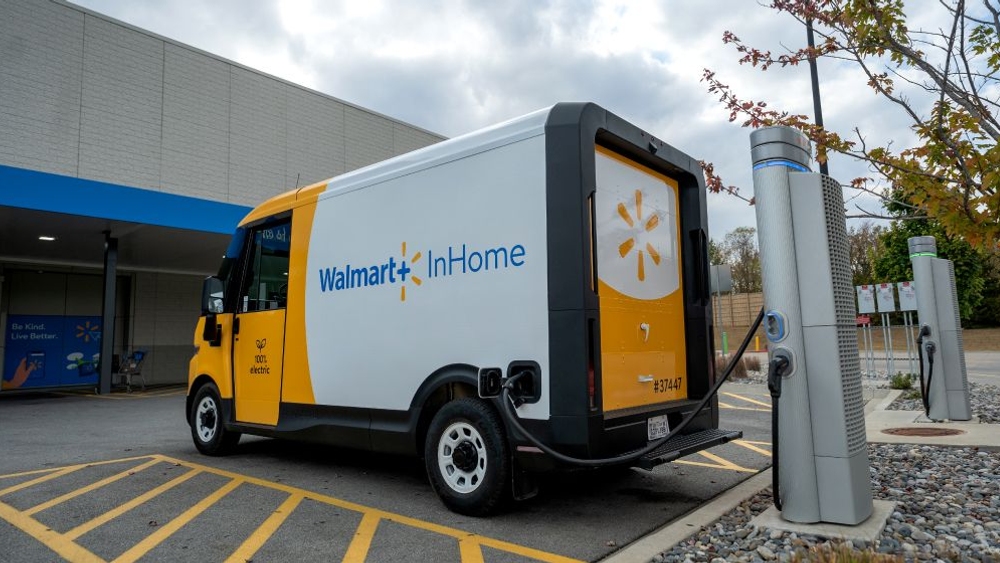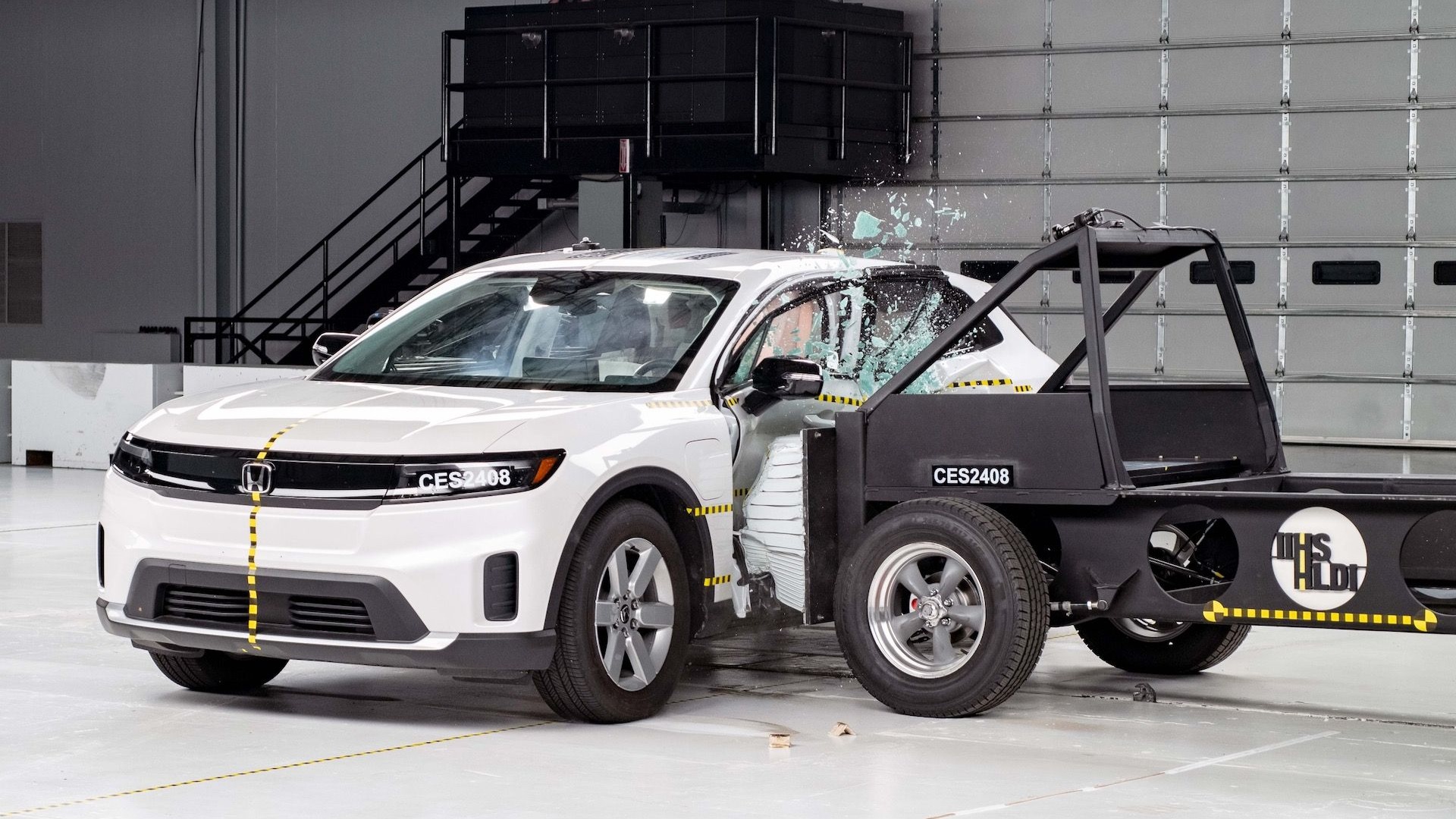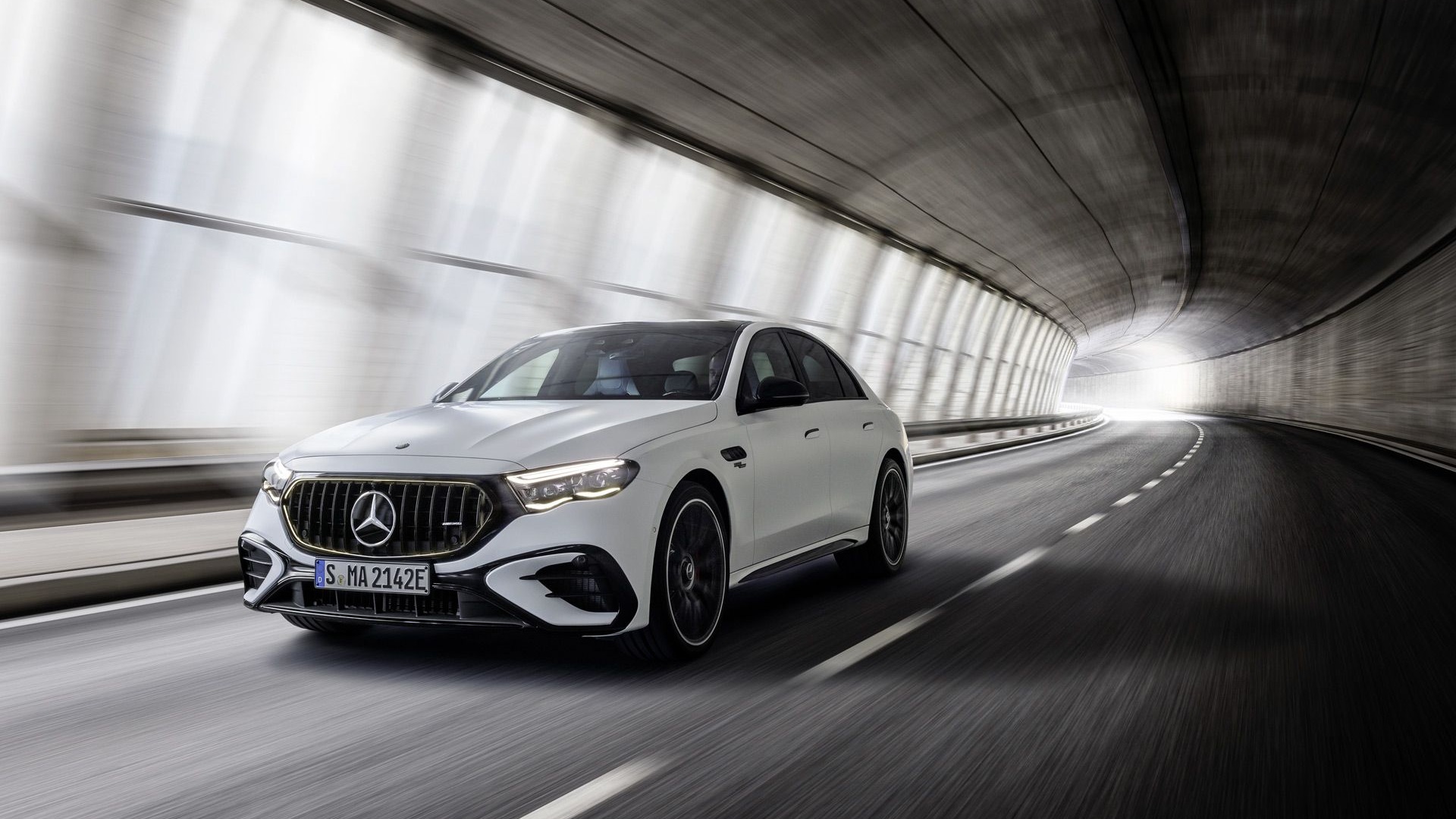While Volkswagen continues to lag in its response to the ongoing diesel-emissions scandal, used VW prices continue to slide.
And that is now affecting gasoline vehicles that aren't affected by the emissions scandal.
All Volkswagen models are proving tougher to sell, whether or not they are among those found to have illegal "defeat device" software.
DON'T MISS: VW Diesel Scandal Is Hurting Prices, Dealers: Here's How
Research firm Autolist began tracking the impact of the diesel scandal on Volkswagen sales several weeks ago; it says the outlook has continued to worsen through the end of November.
It compared sales data of affected TDI diesel models with a group of "non-scandal" VWs, as well as comparable models from other manufacturers.
In its latest update, the "scandal" group once again includes 2009 to 2015 Volkswagen and Audi models fitted with turbocharged 2.0-liter four-cylinder engines. Those comprise the first group of cars found to have emissions-cheating software.
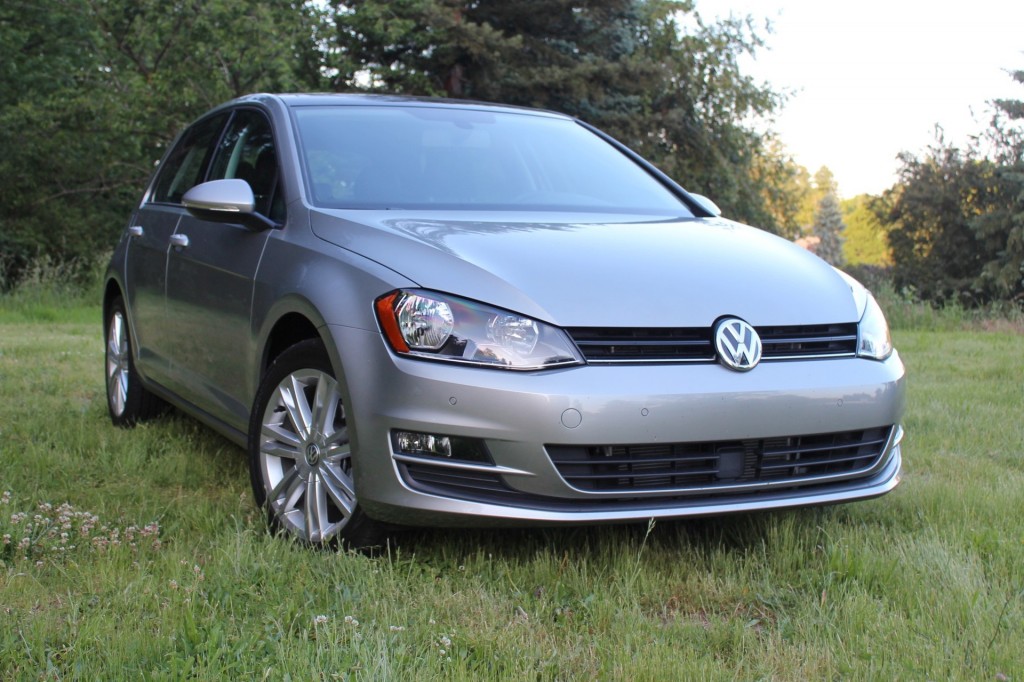
2015 Volkswagen Golf TDI SE
The analysis did not include, Volkswagen, Audi, and Porsche models equipped with the 3.0-liter TDI V-6, the subject of subsequent allegations by the U.S. Environmental Protection Agency (EPA).
Autolist based its analysis on multiple factors, including vehicle time on dealer lots, deviance from expected list price, and price rate of change.
According to the company's data, the "scandal" diesels now spend an average 136 days on dealer lots.
ALSO SEE: EU Regulators Gave In To VW, Exxon Demands For Easier Emission Rules
That's up from 123 days around the same time last month, and a 47-percent increase over the market average.
The loiter time of "non-scandal" VWs also increased, from 97 days to 101 days--or 9 percent above average.
List prices for affected diesel cars are down 5 percent from the expected average, while prices of unaffected Volkswagen models are down 2 percent.

2014 Volkswagen Beetle TDI
In the roughly two months since the scandal broke, prices of affected diesel models also fell by about $1,500.
(The analysis uses data from used cars sold on non-VW lots; a stop-sale order prevents Volkswagen's U.S. dealerships from selling new or used versions of the affected cars at all.)
It's unclear how much longer Volkswagen owners will have to watch their cars depreciate before something can be done.
MORE: Where VW Fights Its Diesel-Cheating Lawsuits Matters...A Lot
The company recently submitted a proposed fix to the EPA and California Air Resources Board.
But it isn't making the details of its proposal public, or discussing a timeline for the commencement of recall repair work.
And it's not clear that regulators, perhaps deeply irked at VW's seemingly blatant disregard for long-established law, have any incentive to speed their decision.
_______________________________________________
